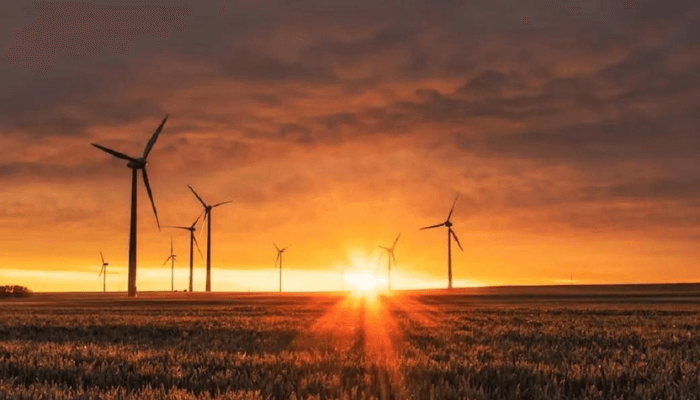African leaders and key stakeholders in the energy sector are gearing up to gather in Johannesburg and Cape Town, South Africa, for a crucial summit aimed at addressing energy security challenges and bolstering investment opportunities.
Scheduled from July 15-19, the 2024 edition of the Africa Energy Sector Inward Buying and Investment Mission will assemble 40 delegates from 10 confirmed African countries.
Among them are Angola, DRC, Egypt, Ghana, Kenya, Mozambique, Nigeria, Uganda, Zambia, and Zimbabwe, set to engage in a comprehensive exploration of South Africa’s energy landscape and project prospects across the continent.

Organized by the South African Electrotechnical Export Council (SAEEC), with support from the Department of Trade, Industry and Competition (DTIC), the Export Credit Insurance Corporation (ECIC), and the Development Bank of Southern Africa (DBSA), this mission holds strategic significance. Chiboni Evans, CEO of SAEEC, emphasized the timeliness of the event, coinciding with the operational phase of the African Continental Free Trade Area in April. Evans highlighted the council’s commitment to leveraging this era of export opportunities and fostering intra-African trade.
The South African electrotechnical sector, boasting a local value of $58 billion and employing approximately 280,000 people, stands as a pivotal player in the region’s energy landscape. Ntshengedzeni Gilbert Maphula, Acting CEO of the Export Credit Insurance Corporation, emphasized the transformative potential of the 2024 edition, positioning it as a pivotal moment for Africa’s energy sector. Maphula underscored the event’s role in facilitating collaboration, innovation, and investment across the continent.
Boitumelo Mosako, CEO of DBSA, outlined the bank’s commitment to enhancing investment in renewable energy and bolstering energy security across Africa, aligning with broader developmental goals. Mosako emphasized the importance of leveraging diverse funding sources to support energy infrastructure projects in line with national and international development agendas.
The African Development Bank estimates a significant funding requirement of $30-40 billion annually over the next six years to address Africa’s energy infrastructure needs and ensure universal access to electricity. Evans reiterated the urgency of the situation, highlighting that around 600 million Africans still lack access to electricity, representing 43% of the total population.
The summit aims to showcase the expertise of member companies across various subsectors, including electrical engineering, manufacturing, and renewable energy solutions. Evans expressed optimism about fostering collaborations that will drive sustainable energy development across the continent, empowering African energy leaders to achieve ambitious energy goals.
Support InfoStride News' Credible Journalism: Only credible journalism can guarantee a fair, accountable and transparent society, including democracy and government. It involves a lot of efforts and money. We need your support. Click here to Donate
